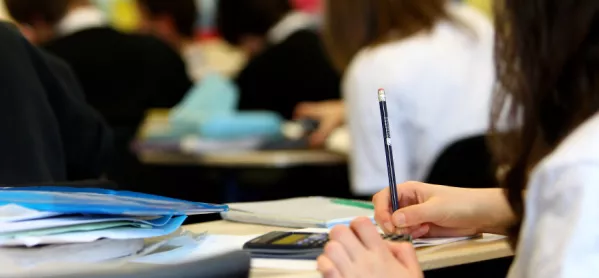Poor children are less likely to be considered bright by their teachers, according to new research.
Even when youngsters from lower income families perform as well as their classmates on independent tests, they are still less likely to be judged as “above average”, it suggests.
The study, by University College London’s (UCL) Institute of Education concluded that teachers can have unconscious biases that influence how they see the abilities of children in their class.
Teachers do not just under-rate the abilities of disadvantaged children, it found, they are also more likely to judge boys as good at maths and girls as good at reading.
The research involved analysing information on nearly 5,000 seven-year-olds at English state schools who are being followed as part of the Millennium Cohort Study, comparing teachers’ perceptions of the youngsters’ reading and maths abilities with their results in these key subjects on independent tests.
Overall, the findings indicate that teachers tend to perceive children from poorer homes as less able than their richer classmates who achieved similar scores on the tests.
Pupils from higher income families had a 48 per cent chance of being rated as “above average” in reading, compared to 37 per cent of those from lower income backgrounds, the study found.
In maths, wealthier children had a 42 per cent chance of being judged as able, while poorer youngsters had a 32 per cent chance.
The study also concluded that 29 per cent of children from lower income families were rated below average at reading by their teachers, compared to 20 per cent of their equally bright classmates from richer backgrounds. In maths, higher income youngsters had a 19 per cent chance of being rated as below average, and poorer pupils had a 26 per cent chance.
Researcher Tammy Campbell said: “This is not a conscious thing. It’s an unconscious stereotyping by teachers that’s going on. It’s down to the information they are bombarded with about which children are expected to perform at what levels.”
The study suggests that the results are important as teachers’ assessments of pupils make a significant part of pupils’ scores in primary school.




